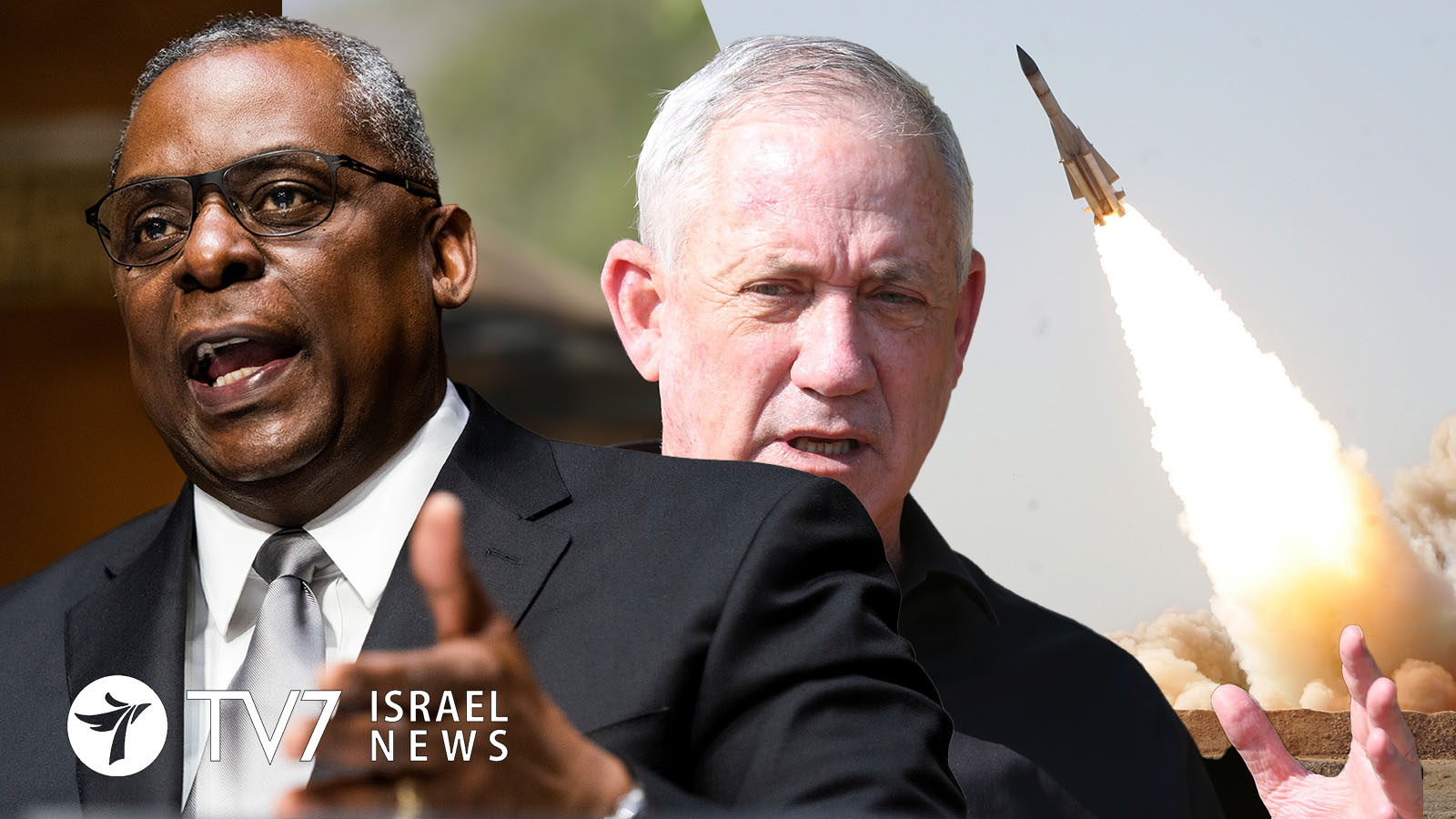Israeli Defense Minister Benny Gantz held his first telephone conversation with his new counterpart in the United States, retired four-star Army general Lloyd James Austin III.
Gantz, who also serves as Israeli Alternate Premier, congratulated US Defense Secretary Austin on his new position, and expressed his anticipation at resuming the longstanding professional relationship between the two.
According to a statement TV7 obtained from the Blue and White political party headed by IDF Lieutenant General (res.) Gantz, the former IDF Chief of Staff “highlighted the importance of confronting Iranian aggression to ensure regional stability and underlined the centrality of ongoing dialogue and strategic coordination at every level of interface” between the Israeli and American defense establishments.
Secretary Austin was said to have “reaffirmed the strength of the U.S.-Israel defense relationship and reiterated the US commitment to maintaining Israel’s Qualitative Military Edge” (QME).
Both leaders agreed to remain in close coordination on shared defense priorities and stated their intention to meet in person at the earliest opportunity.
Today Defense Minister Gantz held talks with Commander of the United States Central Command, General Kenneth F. McKenzie, Jr. today in Tel Aviv – in a first meeting between the two since the announcement that US military overview of Israel would be moved to CENTCOM.
“This shift will afford Israel opportunity to deepen cooperation with new regional partners and broaden operative horizons.” Gantz said, as he expressed appreciation for the ongoing US pledge to preserve Israel’s security and QME.
Both Defense Chiefs reaffirmed the importance of the close collaboration and coordination between the Israeli and American armed forces, vital to the shared interests of the two countries and to regional and global stability.
Gantz was joined by IDF Chief of General Staff Lt. Gen. Aviv Kochavi in a briefing about Israel’s current defense policy to Gen. McKenzie, as well as a review of priorities and challenges shared by the two militaries including regional threats, chiefly Iran.
:
